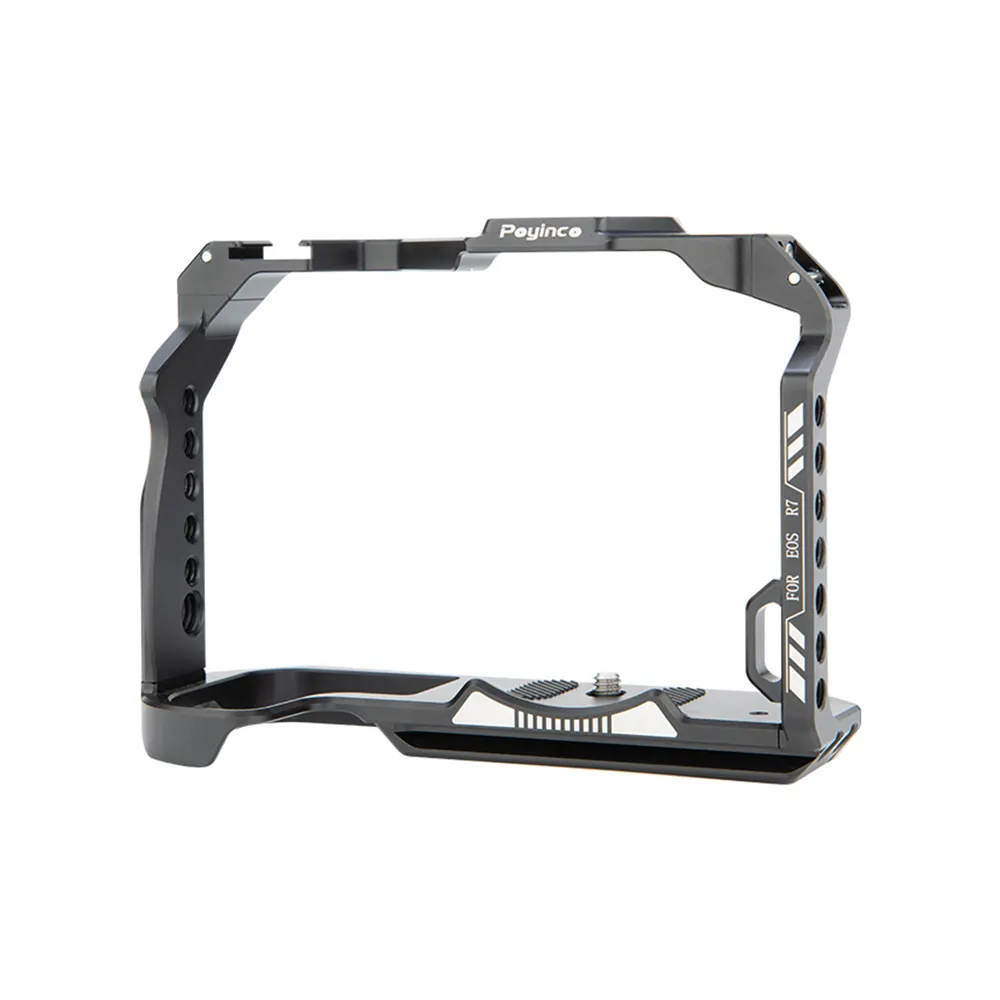

Time:2025-02-13 Views:1

CNC machining has revolutionized the manufacturing industry by providing high precision, repeatable, and efficient production methods. It has found applications in a wide range of industries, with five major areas standing out due to the significant impact it has had on their production processes.
Aerospace Industry
In the aerospace sector, CNC machining is indispensable. The industry demands components with extremely tight tolerances and high quality materials to ensure the safety and efficiency of aircraft and spacecraft. Turbine engines, which are the heart of an aircraft, rely on CNC machined parts such as compressor blades, turbine disks, and combustion chambers. These parts are made from advanced materials like titanium alloys and superalloys, and CNC machining allows for the precise shaping and finishing required. For example, the complex airfoil shapes of compressor blades are carefully crafted to optimize the flow of air through the engine, increasing its efficiency. CNC machining also enables the production of lightweight yet strong structural components, such as wing spars and fuselage frames, which are crucial for reducing the overall weight of the aircraft and improving fuel efficiency.
Automotive Industry
The automotive industry benefits greatly from CNC machining in the production of various components. Engine components, including engine blocks, cylinder heads, and crankshafts, are some of the most critical parts manufactured using CNC technology. Engine blocks need to have accurate cylinder bores, coolant passages, and mounting points to ensure proper engine operation. CNC machining ensures that these components are produced with consistent quality and dimensional accuracy, leading to better engine performance and durability. Transmission components, such as gears, shafts, and transmission housings, are also precision machined using CNC machines. The precise tooth profiles of gears and the accurate fit of shafts and housings are essential for smooth power transfer and reduced wear and tear in the transmission system.
Medical Field
In the medical field, CNC machining is used to produce a wide range of devices and implants. Surgical instruments, such as scalpels, forceps, and drills, are made with high precision to ensure optimal performance during surgical procedures. The sharp edges of scalpels and the delicate jaws of forceps are carefully crafted using CNC technology. Implantable devices, like hip and knee replacements, are custom designed and manufactured using CNC machining. These implants need to be biocompatible and have precise shapes to fit the patient's anatomy. CNC machining allows for the creation of personalized implants that can provide better long term functionality and patient comfort. Dental prosthetics, such as crowns and bridges, are also produced using CNC technology, ensuring a perfect fit for the patient's teeth.
Electronics Manufacturing
CNC machining plays a crucial role in the electronics industry. Printed circuit boards (PCBs), which are the backbone of electronic devices, are often fabricated using CNC machines. These machines can mill and drill holes for components, create precise traces, and cut the PCB to the required shape. The high precision of CNC machining ensures that the PCBs have reliable connections and can function properly. Electronic enclosures, which protect the sensitive internal components of electronic devices, are also machined using CNC technology. The tight tolerances achieved by CNC machining ensure a perfect fit for the components and provide proper ventilation and protection from external elements.
Mold and Die Making
The mold and die making industry relies heavily on CNC machining to produce molds and dies for various manufacturing processes, such as injection molding, die casting, and forging. Molds and dies are used to shape a wide range of products, from plastic toys to metal automotive parts. CNC machining allows for the creation of complex mold and die cavities with high precision. The ability to produce intricate shapes and details ensures that the products made from these molds and dies have the desired form and quality. For example, in injection molding, the mold cavities need to be precisely machined to ensure that the plastic parts are produced with consistent dimensions and surface finish. CNC machining also enables the production of multi cavity molds, which can increase the production efficiency of the manufacturing process.
Read recommendations:
Cell Phone Camera Handle Grip Video Stabilizer Handheld Grip